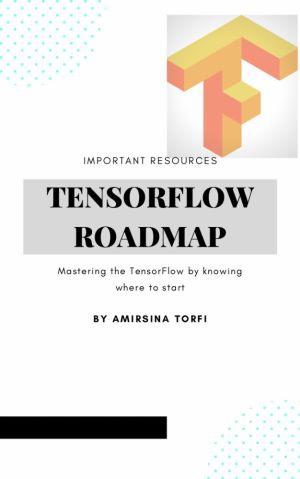TensorFlow Roadmap
Mastering the TensorFlow by knowing where to start
by Amirsina Torfi
DescriptionTable of ContentsDetailsHashtagsReport an issue 





Book Description
A deep learning is of great interest these days, the crucial necessity for rapid and optimized implementation of the algorithms and designing architectures is the software environment. TensorFlow is designed to facilitate this goal. The strong advantage of TensorFlow is it flexibility is designing highly modular model which also can be a disadvantage too for beginners since lots of the pieces must be considered together for creating the model. This issue has been facilitated as well by developing high-level APIs such as Keras and Slim which gather lots of the design puzzle pieces. The interesting point about TensorFlow is that its trace can be found anywhere these days. Lots of the researchers and developers are using it and its community is growing with the speed of light! So the possible issues can be overcame easily since they might be the issues of lots of other people considering a large number of people involved in TensorFlow community.This open book is licensed under a MIT License. You can download TensorFlow Roadmap ebook for free in PDF format (0.3 MB).
Table of Contents
Chapter 1
Introduction
Chapter 1.1
Motivation
Chapter 1.2
How to make the most of this effort
Chapter 2
Entrance to TensorFlow World
Chapter 2.1
Installation
Chapter 2.2
Getting Started
Chapter 2.3
Going Deeper in TensorFLow
Chapter 3
Programming with TensorFlow
Chapter 3.1
Reading data and input pipeline
Chapter 3.2
Variables
Chapter 3.3
TensorFlow Utilities
Chapter 4
TensorFlow Tutorials
Chapter 4.1
Linear and Logistic Regression
Chapter 4.2
Convolutional Neural Networks
Chapter 4.3
Recurrent Neural Networks
Chapter 4.4
Autoencoders
Chapter 4.5
Generative models
Chapter 4.6
Multiple GPUs
Chapter 5
TensorFlow Projects
Chapter 5.1
Comprehensive Tutorials
Chapter 5.2
Models
Book Details
Title
TensorFlow Roadmap
Subject
Computer Science
Publisher
Self-publishing
Published
2019
Pages
22
Edition
1
Language
English
PDF Size
0.3 MB
License
MIT License
Related Books
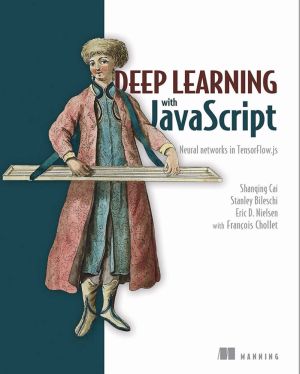
Deep learning has transformed the fields of computer vision, image processing, and natural language applications. Thanks to TensorFlow.js, now JavaScript developers can build deep learning apps without relying on Python or R. Deep Learning with JavaScript shows developers how they can bring DL technology to the web. Written by the main authors of t...
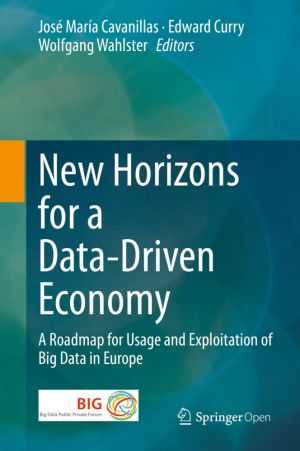
In this book readers will find technological discussions on the existing and emerging technologies across the different stages of the big data value chain. They will learn about legal aspects of big data, the social impact, and about education needs and requirements. And they will discover the business perspective and how big data technology can be...

TensorFlow is a free and open-source software library for machine learning. It can be used across a range of tasks but has a particular focus on training and inference of deep neural networks.
This book is a somewhat intermediate-level introduction to Tensorflow 2. We will eventually cover everything tf.keras, but no so fast until we implemented t...

As America's most populous state goes, so goes the nation. And within that state, the 38 counties comprising South Texas - a highly populated, largely Hispanic area characterized by high uninsured rates and low numbers of health care providers - are emblematic of nationwide crises in public health.
The South Texas Health Status Review: A Heal...
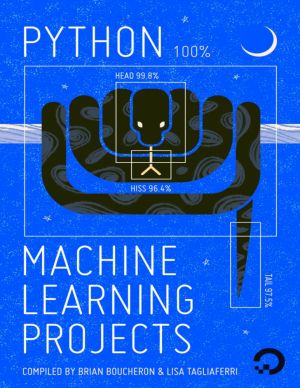
As machine learning is increasingly leveraged to find patterns, conduct analysis, and make decisions - sometimes without final input from humans who may be impacted by these findings - it is crucial to invest in bringing more stakeholders into the fold. This book of Python projects in machine learning tries to do just that: to equip the developers ...
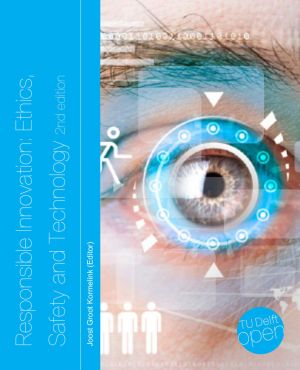
This book is based on the MOOC Responsible Innovation offered by the TU Delft. It provides a framework to reflect on the ethics and risks of new technologies. How can we make sure that innovations do justice to social and ethical values? How can we minimize (unknown) risks?
The book explains:
- The concept and importance of responsible innovati...

